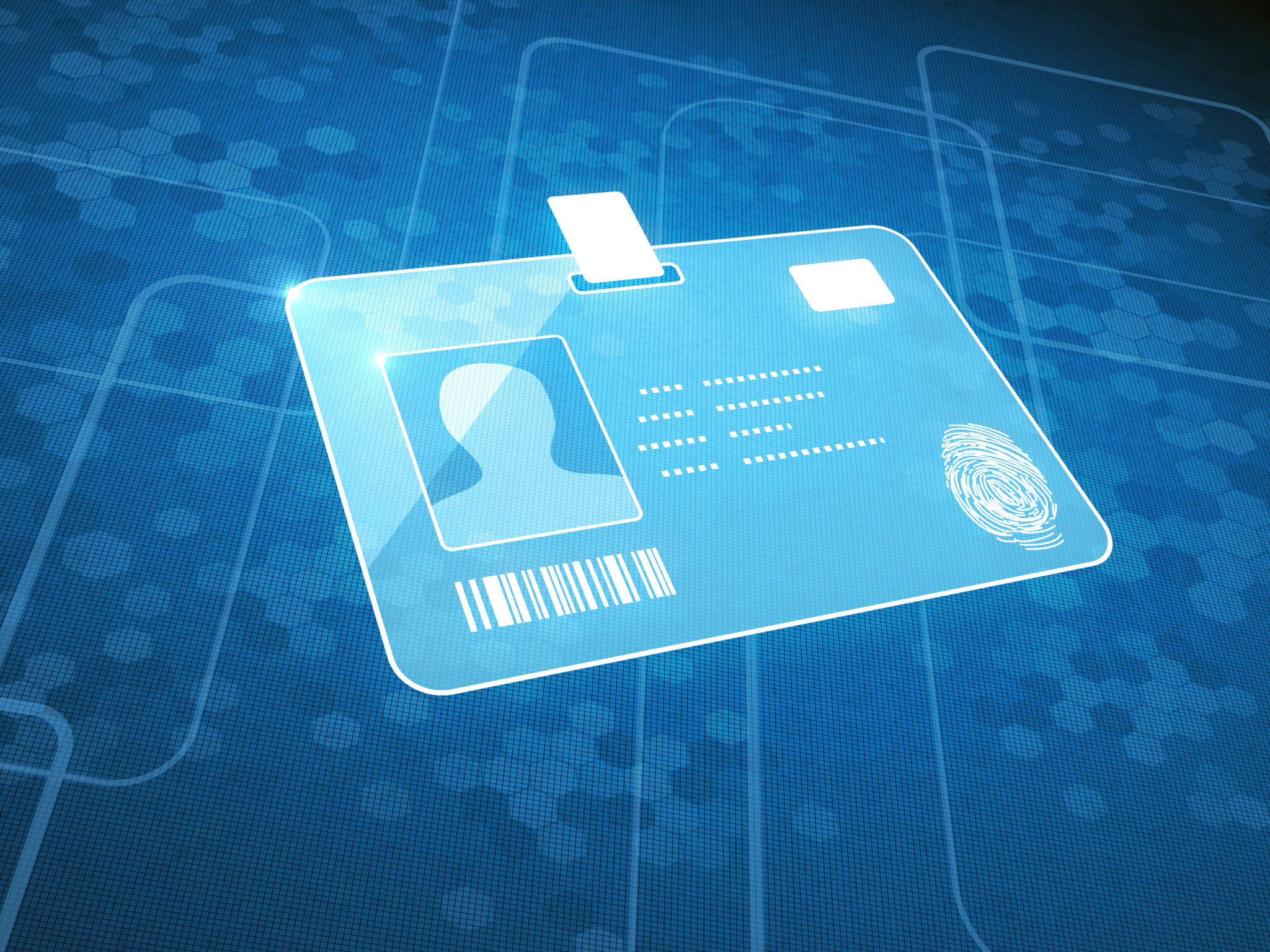The Key Features to Consider When Choosing Computer Hardware
Al
Understanding Your Needs
When it comes to selecting the right computer hardware, understanding your specific needs is crucial. Are you a gamer looking for top-notch graphics and fast processing, or are you a professional who requires a reliable workstation for complex tasks? These considerations will guide your decisions as you navigate the myriad of available options.
For gamers, components like a high-end GPU, ample RAM, and a fast processor are essential. Meanwhile, professionals might prioritize processing power and storage capacity over graphical capabilities. Knowing your primary use case is the first step in building or choosing a computer that meets your requirements.

Processor: The Computer’s Brain
The processor, or CPU, is often considered the brain of the computer. It handles all instructions it receives from hardware and software running on the computer. When selecting a CPU, consider factors such as core count, clock speed, and brand. Intel and AMD are the two leading brands in this sector, each offering a range of processors tailored to different needs.
A higher core count is beneficial for multitasking and running heavy applications like video editing software. On the other hand, gamers might prioritize higher clock speeds for better performance in gaming titles. It's important to match the processor's capabilities with your intended use to ensure efficiency and performance.
Memory: RAM Matters
RAM, or Random Access Memory, plays a vital role in a computer's performance, especially when multitasking or running resource-intensive applications. The more RAM your computer has, the smoother it will run when handling multiple tasks simultaneously.
For standard usage, 8GB of RAM might suffice. However, for gaming or professional applications like video editing and 3D rendering, 16GB or more is recommended. Consider your usage patterns when deciding on the amount of RAM necessary for your setup.

Storage: Speed vs Capacity
Storage options have evolved significantly over the years. Today, users can choose between traditional Hard Disk Drives (HDDs) and faster Solid State Drives (SSDs). SSDs offer quicker boot times and faster data access speeds compared to HDDs but come at a higher cost per gigabyte.
For those who need ample storage at a lower cost, HDDs are still a viable option. However, if speed and performance are priorities, investing in an SSD can significantly enhance your computer's responsiveness. Many users opt for a combination of both: an SSD for the operating system and frequently used applications and an HDD for additional storage.
Graphics Card: For Gamers and Creators
The graphics card is an essential component for gamers and creative professionals alike. It determines how well your computer can render images, videos, and animations. High-end graphics cards are crucial for gaming at high settings and resolutions as well as for video editing and 3D modeling tasks.

NVIDIA and AMD are the primary competitors in the graphics card market. When choosing a GPU, consider factors such as VRAM capacity, clock speed, and compatibility with other components. Ensure that your power supply can support the card's requirements to avoid any performance issues.
Connectivity Options
In today's world, connectivity is just as important as the internal components of your computer. Ensure that your hardware supports the necessary ports and wireless options you require. USB-C has become a standard for many devices due to its versatility and speed.
Additionally, consider whether you need Bluetooth capabilities or multiple HDMI ports for connecting monitors. Having a variety of connectivity options can enhance the usability of your computer and allow for seamless integration with other devices.

Power Supply Unit (PSU): Ensuring Stability
The power supply unit is often overlooked but is critical for system stability. A good PSU provides consistent power to all components and can affect the overall longevity of your machine. Ensure that your PSU has sufficient wattage to support all components, especially if you plan on upgrading in the future.
Look for reputable brands that offer reliable PSUs with good efficiency ratings. A PSU with an 80 Plus certification can ensure less energy waste and reduced heat generation.
Conclusion: Making the Right Choice
Choosing the right computer hardware involves balancing performance with budget while ensuring that all components work harmoniously together. By understanding your needs and researching each component's features, you can build a computer that suits your specific requirements.
Whether you are upgrading an existing system or building a new one from scratch, keeping these key features in mind will help you make informed decisions that lead to a satisfying computing experience.